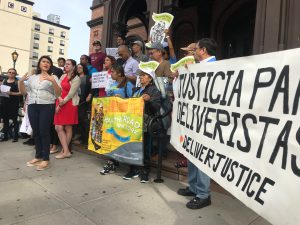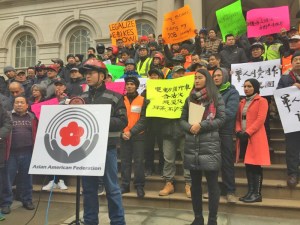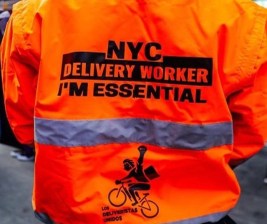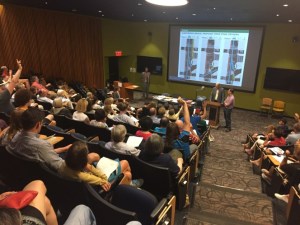Try, Try Again: Jessica Ramos Bill Proposes Simpler E-Bike/E-Scooter Legislation
City Council Speaker Corey Johnson has declined to entertain a local e-bike bill until the state acts.
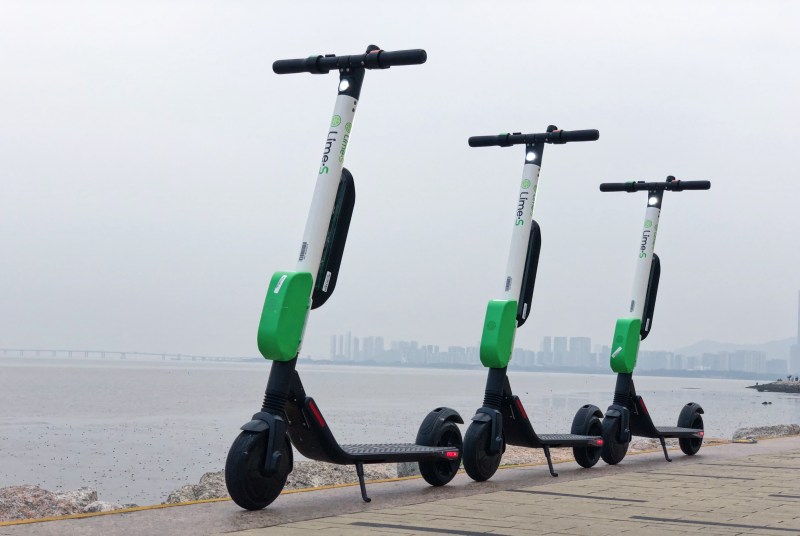
E-bikes and e-scooters may soon be legalized in the Big Apple, thanks to a State Senate bill that would let cities across the state decide for themselves how to regulate the booming form of micro- and environmentally superior long-distance mobility.
Queens State Senator Jessica Ramos put e-bike and e-scooter legalization back on the agenda in Albany on Tuesday, introducing new legislation that omits Draconian regulations proposed by the Cuomo administration in January — including a requirement that e-bike riders yield to motorists or wear helmets.
Like Gov. Cuomo’s proposal, Ramos’s bill actually removes the state from regulating the currently illegal vehicles, allowing local municipalities to set their own e-bike and e-scooter rules. As a result, the bill would put New York City one-step closer towards legalizing e-bikes widely used by immigrant delivery workers, who face NYPD harassment and hefty fines for using the vehicles.
“Legalizing e-bikes and e-scooters will provide New Yorkers with alternatives means of transportation that are affordable and environmentally friendly. It will also ensure we are protecting our immigrant neighbors who work in food delivery, many of whom are more comfortable and feel safer on e-bikes,” Ramos said in a statement. “As we aim to reduce carbon emissions and traffic congestion, we want to empower municipalities to set their own rules as populations across the city differ.”
The new legislation is simpler and more straightforward than what was floated by Governor Cuomo in his January budget proposal and ultimately scrapped at the behest of the legislature’s Manhattan delegation. Instead of Cuomo’s “locally authorized motorcycles” and “locally authorized scooters,” Ramos has proposed the establishment of four new non-auto vehicle categories, in line with the industry’s preferred classifications: pedal-assist e-bikes with maximum speeds of 20 mph, throttle-powered e-bikes, pedal-assist e-bikes with maximum speeds of 28 mph, and e-scooters.

If Ramos bill passes — and that remains a big “if” — the city council would still need to act, since city law prohibits “motorized scooters.” Legislation permitting the two electric vehicles has already been introduced, but Council Speaker Corey Johnson has yet to signal his support, pointing to the need for state authorization. (Johnson wiped out on a scooter in Mexico City this week, and has said in the past that he is concerned about rider safety on scooters, so it’s unclear where he is right now on the issue.)
Some advocates believe state authorization is unnecessary. Marco Conner of Transportation Alternatives argues that e-bikes and e-scooters already fall under the state vehicle and traffic law’s definition of “limited use vehicles,” which are defined as vehicles that cannot travel more than 40 mph.
Before e-scooter companies entered the scene, e-bike legalization had languished in Albany for years.
Assembly Member Nily Rozic, also of Queens, will be carrying the assembly version of the bill. Ramos said she’s working with Senate Transportation Committee Chairman Tim Kennedy to hold a hearing on the bill in New York City. E-scooter companies and e-bike advocates alike praised Ramos and Rozic for introducing the bill.
“This legislation can bring an end to NYC’s crackdown on immigrant workers on e-bikes that has been fueled by fear mongering about public safety that is completely unsupported by safety data,” said Do Lee of the Biking Public Project, which supports immigrant delivery workers.
Opponents will likely say the new mode of transportation, which is surging in popularity around the nation, is unsafe. A spokesman for State Sen. Liz Krueger said earlier this month that the senator “does not feel that Manhattan streets and bike lanes can handle throttle e-bikes or e-scooters,” but was open to scooters in “other boroughs or communities outside of New York City.”
The city council legislation would legalize e-scooters and e-bikes citywide, but would limit the initial roll out of private scooter-share providers pilot areas in the outerboroughs.

